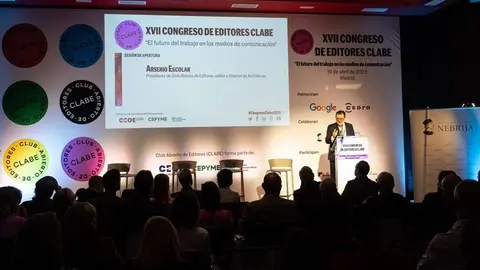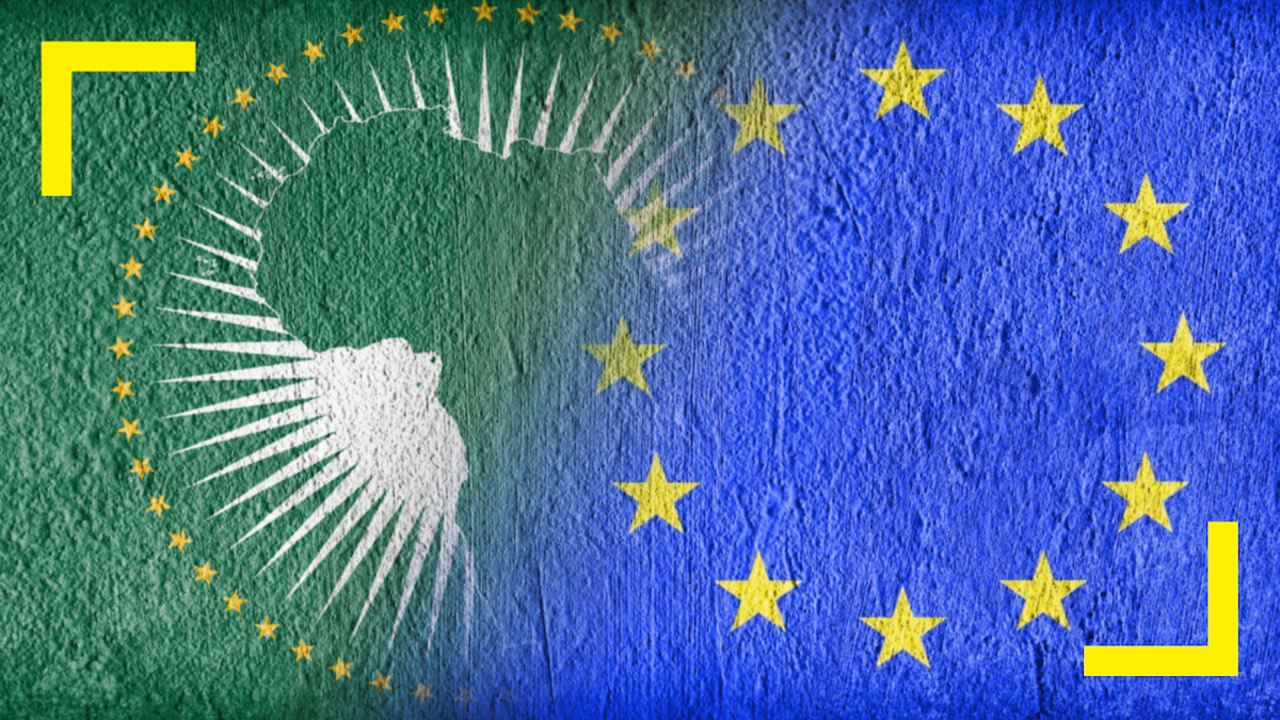The European presidency, an opportunity to resume Spain's leadership in the Mediterranean

In July, Spain took over the six-month presidency of the Council of the European Union. Although the war in Ukraine and the tension over economic hegemony between China and the United States dominate the global debate, experts in international relations call for the Mediterranean area not to be forgotten on the political agenda. At the presentation of issue 69 of the magazine afkar/ideas - which focuses on the new challenges of Euro-Mediterranean relations - organised by the Nebrija University, the European Institute of the Mediterranean and the Foreign Policy Analysis Foundation, Professor Miguel Hernando de Larramendi and analyst Blanca Moreno-Dodson called for Spain to recover the leadership in the region that it exercised in 1995 with the so-called Barcelona Process.
In the midst of Spain's six-month term at the head of the EU, Miguel Hernando de Larramendi, Professor of Arab and Islamic Studies at the University of Castilla-La Mancha (UCLM), said that Spain must promote dialogue and relations between the two shores and show a "political will" so that "there is a balance of resources with those who go east". In order to "counteract the erosion of the EU's credibility and image and the loss of attractiveness of democratic models in the countries of the southern Mediterranean", Spain, in his opinion, should lead a visa policy that favours the mobility of students and various actors in civil society, among other actions.
During the colloquium, moderated by the journalist Ángeles Espinosa, former El País correspondent in the Middle East, Blanca Moreno-Dodson added that Spain holds a "privileged" position in the area due to its historical relations and to the fact that Barcelona is home to the headquarters of the Union for the Mediterranean, an intergovernmental institution that brings together the Member States of the European Union and 16 countries on the southern and eastern shores of the Mediterranean to promote dialogue and cooperation. In this way, Spanish diplomacy, in her opinion, can provide actions to instruments that already exist in three ways: a neighbourhood policy, a green pact for renewable energies and a migration policy that accepts the responsibilities of the rest of the EU, against mafias and in favour of legal migration channels.

Strengthening the Union for the Mediterranean
In a telematic link-up, Sergio R. Carranza, the adviser for Mediterranean Affairs of the Directorate General for the Maghreb, the Mediterranean and the Middle East (Ministry of Foreign Affairs, European Union and Cooperation) took up the gauntlet of his fellow round table participants and assured that the Mediterranean is one of "Spain's priorities" both in the so-called European Neighbourhood Policy and in multilateral areas "with the objectives of creating an EU-Southern Neighbourhood countries dynamic and of ensuring the prospect of a summit" between the two shores of the Mediterranean. In order to review the "obstacles" of the Mediterranean agenda established in 2021, Sergio R. Carranza said that the Spanish Presidency is carrying out "serious" work to strengthen the Union for the Mediterranean, an institution that is celebrating its 15th anniversary with "good results, but with much to do".
Taking into account a process of integration and assumption of common interests that was born almost three decades ago, the technical dialogue has survived different political concepts and cultural identities. Blanca Moreno-Dodson believes this despite the "diversity of opinions within the EU and in the southern Mediterranean bloc "where there is no vehicle for union and where there are governments that do not speak to each other". The international adviser, "a convinced Euro-Mediterranean", acknowledged "many difficulties" because trade agreements are "outdated" and issues such as agricultural policy "leave much to be desired".
In this sense, Miguel Hernando de Larramendi warned of the proliferation of actors in the area such as the Gulf countries, China and Russia, and others with a greater role such as Turkey, a factor that is holding back "the EU's capacity and its attempts to reinforce its credibility". The UCLM professor indicated that "one of the great limitations" of the Euro-Mediterranean project is the "scant progress" in political cooperation between the southern states". For example, the poor relations between Algeria and Morocco 'are a problem that hinders regional integration and limits Spain's capacity for influence'. For the expert in Arab affairs and for Sergio R. Carranza, it is "very important" to continue introducing civil society into different channels of international participation.
According to Blanca Moreno-Dodson, migratory pressure, the lack of governability in some countries in the region, the lack of confidence in the private sector, terrorist attacks and climatic phenomena hinder the region's integration. "Without setting aside inter-regional aspirations, we must move forward country by country, look for those niches of possibility, cultivate bilateral dialogues," she said.
Tribute to Josep Piqué
The presentation of the latest issue of the magazine afkar/ideas held at the Nebrija University was also a tribute to the former minister and co-director of the magazine, Josep Piqué, who died recently. For Gabriela González de Castejón, editor-in-chief of afkar/ideas, Piqué was "a convinced Europeanist who was always committed to Euro-Mediterranean relations and to proposing foreign policy issues to public opinion".
For her part, the journalist Ángeles Espinosa pointed out that the issues of afkar/ideas "are critical, of a very high level and with a diversity of voices; they constitute real clues as to where things should be heading so that experts can reflect and politicians can act".
Alfonso López de la Osa, Dean of the Faculty of Law and International Relations at Nebrija University, gave the welcoming address at an event promoted by Senén Florensa, Spanish Ambassador to the United Nations and International Organisations based in Vienna, Executive President of the European Institute of the Mediterranean and patron of Nebrija University. Among the challenges and opportunities for the Mediterranean, López de la Osa called for an increase in "political will in the area and its corresponding budget".









